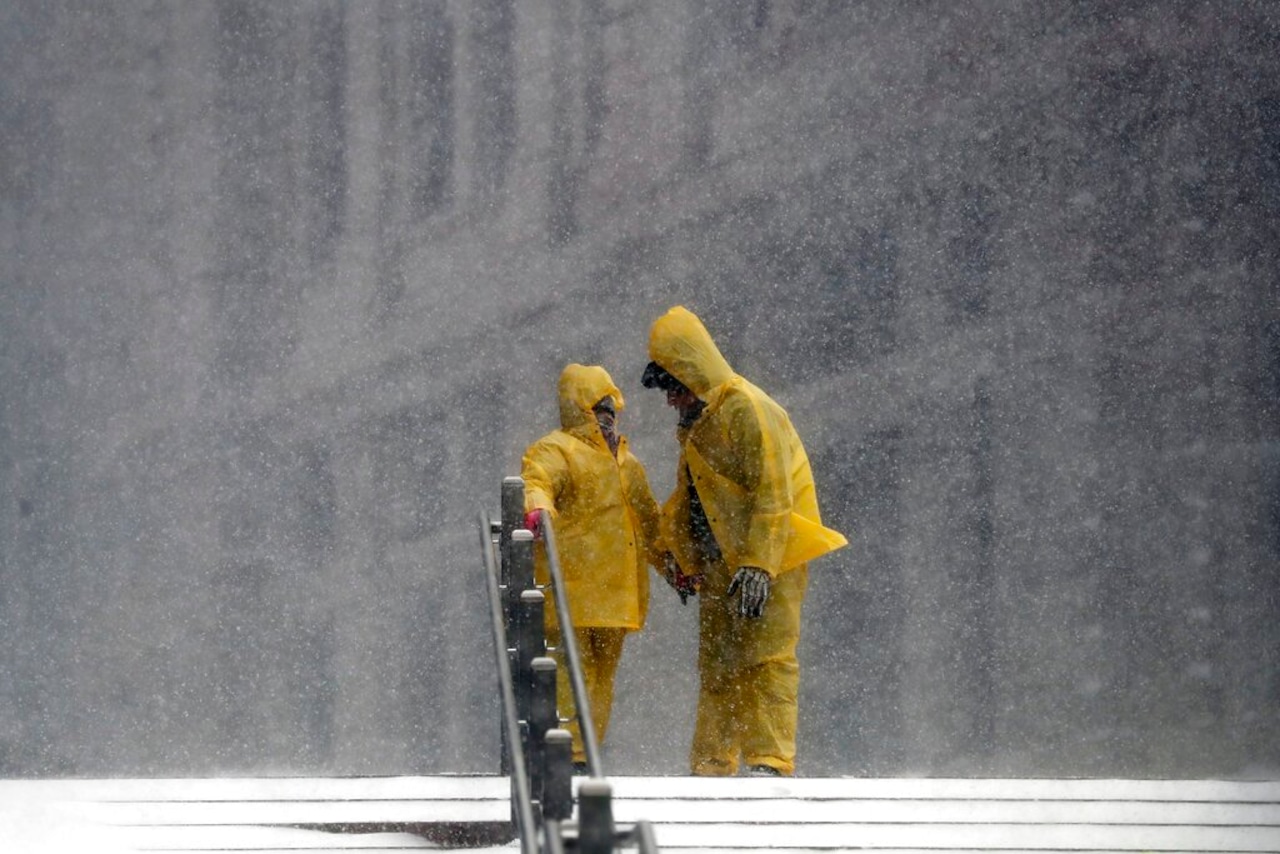
TRIGGER WARNING: This story mentions physical and virtual sexual assault.
UK police are currently investigating a sexual assault case that is the first of its kind: the rape of a minor in the metaverse.
The Daily Mail reported on Jan. 1 that a girl, described as under the age of 16, was in an online room with other users, wearing a virtual reality headset, when her avatar was gang raped by several adult males online. Though there was no physical harm, officers said that she’s experiencing the same psychological trauma that occurs when someone is raped in the real world.
According to Wired, the metaverse doesn’t refer to one specific platform, but rather a way we interact with technology, including virtual reality and augmented reality, similar to the concept of “cyberspace.” Tech Target describes the metaverse as the next iteration of the internet, in which we experience a shared and immersive virtual space.
Though the concept is newer to some consumers, experts are predicting mass growth of these virtual worlds. Research by Pew Research Center and Elon University in 2022 found that 54% of 624 tech experts, innovators, researchers, and developers said that by 2040 they expect the metaverse to be a more refined, full-immersive and well functioning aspect of daily life for half a billion people globally.
Virtual assault and victim-blaming
Psychotherapist and vice president of Metaverse Research for Kabuni, Nina Jane Patel documented her own virtual assault experience on Medium, which is very similar to the UK minor’s. Patel he described being verbally and sexually assaulted by 3 or 4 male avatars who virtually gang raped her avatar in Meta’s Horizon Worlds, previously Horizon Venues.
According to Patel, the immersive experience and embodiment connected to a user’s avatar, which is essentially their virtual body, causes users to feel similar sensations towards their virtual body and environment.
“When you put on a headset and enter a virtual world, you’re engaging from the top of your head to the tips of your toes with other avatars in the virtual environment. The technology has developed such that it feels very authentic and natural. It feels and is perceived as very real,” Patel wrote in The Telegraph after the latest case broke.
Patel even says she experienced questions of the validity of her experience and victim-blaming responses, telling her that she should have just removed her headset or that she deserved it – what many rape victims face in the physical world.
It was the same old victim-blaming story that plays out in the real world: the equivalent of ‘just don’t wear the miniskirt and high heels,” she wrote. “I knew what I had felt, but I started to question myself: I must have done something wrong; been in the wrong space; clicked the wrong button. I started to blame myself; perhaps this brave young girl who reported the alleged incident to the police did as well.”
This isn’t a new or uncommon phenomenon.According to a VR research project led by behavioral scientist Jessica Outlaw, 49% of women who identify as regular users reported being sexually harassed at least once.
Users reporting virtual assault trace back to 2016, when VR became more readily available to consumers. In October 2016, a female gamer using the name Jordan Belamire also took to Medium to detail her experience of being virtual groped on QuiVr, an archery game.
“I’ve been groped in real life, once in a Starbucks in broad daylight. I know what it’s like to happen in person… The shock and disgust I felt [in QuiVr] was not too far off from that,” she told CNN.
The internet and kids
The impact of the internet and social media on children is constantly debated. For example, the current “10-year-olds in Sephora” conversation questions whether social media is driving young girls to grow up too quickly as they consume makeup and skincare videos posted by their favorite influencers.
In May, U.S. Surgeon General Dr. Vivek Murthy issued an advisory warning on the impact of social media on children’s mental health, stating that there is less evidence suggesting the safety of social media than dangers it poses to children’s mental health.
“Children are exposed to harmful content on social media, ranging from violent and sexual content, to bullying and harassment. And for too many children, social media use is compromising their sleep and valuable in-person time with family and friends. We are in the middle of a national youth mental health crisis, and I am concerned that social media is an important driver of that crisis – one that we must urgently address,” he said.
Internal research conducted by Facebook in 2021 – and exposed by the Wall Street Journal – showed that the company is aware that it makes body image issues worse for 1 in 3 teen girls.
But immersion takes these experiences to the next level, blurring the lines between the physical virtual worlds and companies are banking on children’s interest in technology.
Meta is currently marketing towards a younger audience. In April 2023, Meta’s main VR social app Horizon Worlds lowered its age requirement from 18 to 13, and two months later it lowered the age recommendation for its VR headsets from 13 to 10, according to the U.S. Public Interest Research Group Education Fund.
These are still considered the early days of virtual reality, with only 29% of U.S. teens currently owning a VR headset, but the Institute of Engineering and Technology predicts that the next generation of children will spend over 2 hours 45 minutes in VR a day, adding up to 10 years over their lifetimes.
A bipartisan group of 42 U.S. attorney generals banded together in October to sue Meta, claiming that Facebook and Instagram are addictive and aimed at children.
“This is a tough time in America. We have polarization the likes of which we have not seen since the Civil War,” Tennessee Attorney General Jonathan Skrmetti said at a press conference. “And so for all of the attorneys general from both parties, people who frequently disagree very vocally and very publicly, to all come together and to move in the same direction, I think that says something.”




